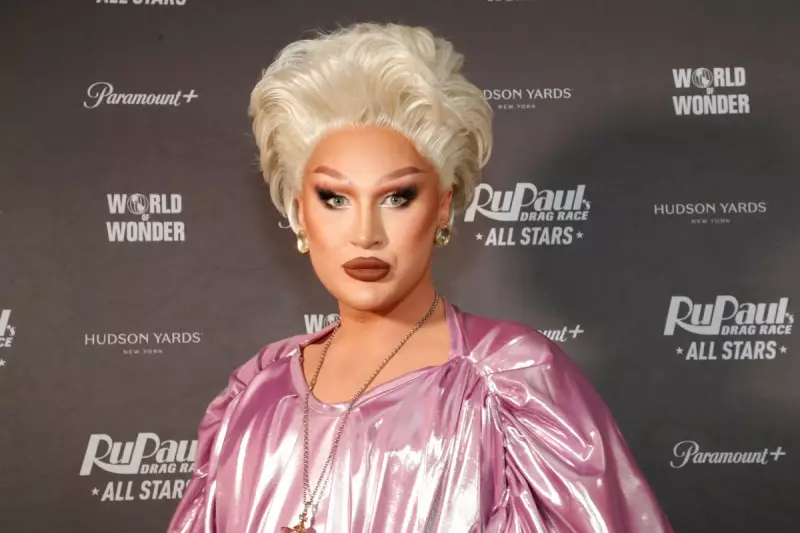
In a fiery and passionate statement, the inaugural winner of RuPaul's Drag Race UK, The Vivienne, has publicly condemned a new BBC Three programme, branding it a profound misrepresentation of the art of drag.
The show in question, titled Dear Viv, is presented by social media influencer and Love Island alum, Vivienne Ann Lynn. The Vivienne, whose real name is James Lee Williams, expressed his deep frustration and disappointment, stating the project feels like a personal and professional slight.
A Clash of Artistry and Exploitation
'It's insulting, it's tone-deaf, and it's a kick in the teeth,' The Vivienne declared. He articulated a sentiment felt by many in the drag community: that an outsider, without the years of grind and performance artistry inherent to drag, was chosen to front a show capitalising on the culture's popularity.
He emphasised the stark contrast between his own journey—honing his craft in working men's clubs and navigating the challenges of being a drag artist—and the reality TV fame pathway taken by the new show's presenter.
More Than Just a Name
The heart of the controversy lies in the use of the name 'Vivienne'. The drag superstar revealed he had previously trademarked his moniker, 'The Vivienne', a fact the BBC was reportedly aware of during the show's development. While he confirmed the legal title of the BBC show is different, the perceived similarity and the potential for public confusion have added a layer of insult to the injury.
'This isn't about gatekeeping,' he clarified, 'it's about respect.' His critique extends beyond the name, targeting the show's fundamental premise, which he believes reduces the complex, vibrant world of drag to a simple makeover format, failing to showcase the talent, comedy, and heart that defines the art form.
A Call for Authentic Representation
The Vivienne's powerful rebuttal underscores a wider call for authentic representation and respect for subcultures within mainstream media. He argues that platforms like the BBC have a responsibility to platform genuine voices from within the community, especially when creating content that directly relates to its culture and struggles.
This public falling-out marks a significant moment in the ongoing conversation about who gets to tell certain stories and the value of lived experience versus marketability in the modern television landscape.





